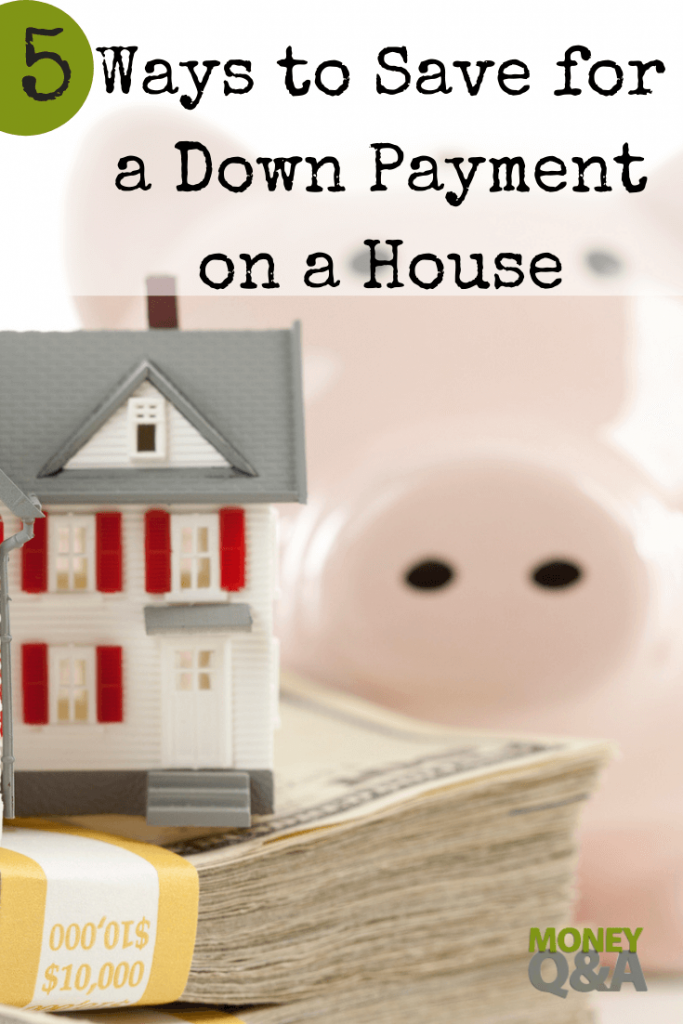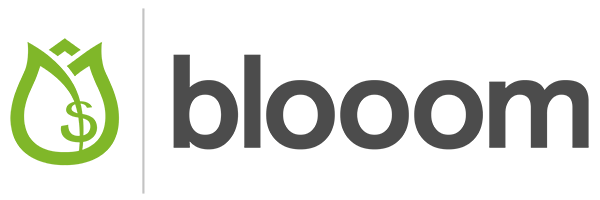
Getting ready to buy your first home is exciting, though oftentimes overwhelming experience that requires extensive planning before you even start looking at potential options. If you don’t put in the time and effort to assess your current financial situation and set clear goals for your home-buying aspirations, you may fall short of your expectations and experience needless frustration along the way to save for a down payment.
How to Save for a Down Payment
One of the most important considerations you must make in the early planning stages is how much you want to spend on the home; not just the overall price but also the down payment, closing costs, monthly mortgage, HOA fees (if applicable), property taxes, and so on. Once you have a better idea of the financial stakes involved, you’ll be in a much better position to streamline your house savings strategy and eventually get the keys to the home of your dreams.
To help you achieve your homeownership goals sooner, here are 5 proven ways to save for a down payment on a home.
Plan the Work & Work the Plan
First things first: what does your current financial situation look like? Some questions you should resolve in this stage of the home-buying journey include:
- How much do you currently have saved for a down payment? It’s okay if you’re just starting out and have $0 saved so far, but setting up regular contributions to a separate home savings fund would be a great way to stay on track without mixing up your other financial obligations and goals.
- What is your monthly, pre-tax income? Personal finance experts recommend keeping your housing expenses – including the mortgage, taxes and utilities – under one-third of your gross income.
- What’s your debt-to-income ratio? 0-36% is ideal for prospective homebuyers, though 43% is the highest you can go to still be eligible for a qualified mortgage.
- What type of home loan do you want and/or will qualify for? There are many different types of home loans with their own unique eligibility requirements for borrowers, including FHA loans, conventional loans, VA loans, fixed rate, adjustable rate and jumbo loans.
- What are property tax rates in your desired area? Lenders typically ask borrowers to pay some of their property taxes upfront, so knowing what your property tax rate will help you calculate your closing costs when you’re ready to buy later on.
Temporarily Minimize Discretionary Spending
Once you’ve assessed your finances and planned out some goals for how much home you can afford and where you’ll live, your next step should be to evaluate your monthly budget. If buying a home soon is one of your biggest goals, then seriously look into each discretionary expense to determine if you can live without it for a while (e.g., streaming subscriptions, club memberships, dining out, etc.).
Remember, you won’t have to scrimp and save like this forever, just until you’ve met your home savings goals and have a significant emergency saving built up to cover any unexpected emergencies that could arise once you’re a homeowner. Knowing that these budget cuts are only temporary can help motivate you to achieve your home-buying goals faster (and who knows, maybe you won’t miss those extra expenses once you’ve cut them out).
Amplify Your Return on Investment
The national average interest rate for regular savings accounts is abysmal: just 0.05% APY in 2020. While inflation rates are currently low, you’re still missing out on valuable savings opportunities if you choose to put all your down payment funds into regular savings account with your bank or credit union.
Instead, seek out high-yield savings accounts like Betterment Everyday Cash Reserve, which currently offers 0.40% APY (that’s 8x the national average) and is FDIC-insured up to $1 million. Alternatively, you could make your down payment savings fund work for you by investing in low-risk certificates of deposit, bonds, or mutual funds to protect your financial stability while staying on track to meet your house savings goals.
If you’re looking for places to keep traditional investment accounts, you might want to check out investing with M1 Finance, Robinhood, Betterment, or Stash Invest.
M1 Finance simplifies the investment process for beginning and experienced investors alike. M1 Finance does not charge a fee per trade, and it gives you the option of taking more control over your investments if you want them (and less if you don’t). M1 Finance is great for buy and hold investors.
Monetary Gifts from Family
Another way to boost your savings for a down payment on a home is by receiving monetary gifts from family members or friends. As of 2020, individuals can give up to $15,000 without tax penalties ($30,000 for married couples), though you’ll need to provide documented proof of a relationship between yourself and the gift-giver to qualify (the giver also cannot expect any money in return; it must be a gift and not a loan).
Borrow Against Your Retirement Account
This option is generally not recommended for homebuyers unless there’s a compelling reason to dip into your retirement savings to fund your down payment. While first-time homebuyers may be exempt from early withdrawal penalties for IRA, 401k, or 403b accounts, you risk incurring penalties if you don’t repay the loan on time (not to mention losing out on market gains by funneling the money into a home instead).
One great resource to manage your 401k retirement plan is blooom. Let the experts at bloom take a free peek at your 401k. Get real advice on how it’s doing and how it could be performing better.
When you become a member, blooom then makes trades to optimize your account based on your goals. Blooom can manage your 401k, 401a, 403b, 457, or Thrift Savings Plan (TSP). Be sure to read my review of blooom.
Buying a home is one of the biggest financial decisions we make in our lives, so it’s not something you can plan and finalize within a few days or even weeks. With adequate preparations in advance – including a comprehensive assessment of your current and projected financial circumstances – you’ll be in a much better position to meet your down payment savings goals and secure a home suitable for both your lifestyle and budget.


